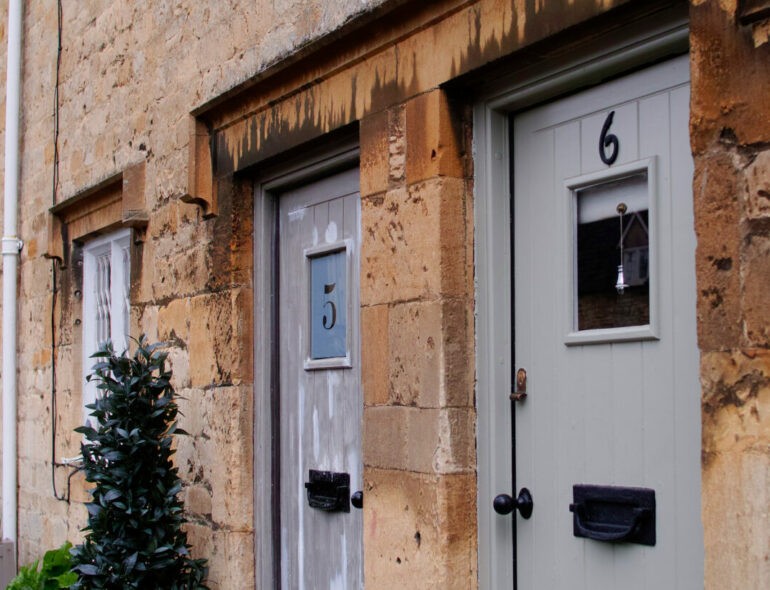In 2021, 447,000 people had a holiday home where they spent more than 30 days – an increase of 4.7% over ten years.
However, according to census data, less than 1% of people in England and Wales own a holiday home, and the dream of owning one is fading for younger generations who struggle to afford their own property.
Sarah Coles, head of personal finance at Hargreaves Lansdown, said that “for younger people, the dream of owning a holiday home is dying. It’s hard enough to imagine being able to afford a property of their own, let alone the outlandish possibility of buying a second property.”
Over the past decade, the number of people aged 20 to 60 with holiday homes has decreased, while the number of 70-year-olds owning them has risen.
In 2021, a 70-year-old was almost 11 times more likely to own a holiday home than a 30-year-old, compared to only six times more likely ten years earlier.
The census data also revealed that more people are spending time in UK holiday homes, with the number rising from 180,000 in 2011 to 217,000 in 2021, while the number of those spending time in holiday homes abroad has dropped from 246,000 to 230,000 in the same period.
Coles suggested that the ageing holiday home owners might prefer staying closer to home due to the challenges of long-distance travel, saying “the age of holiday home owners may be part of the reason why we’re not keen to buy a bolthole at the other end of the country, where a trip would be more taxing.”
She also mentioned that Brexit and the Covid-19 pandemic could have impacted the decrease in overseas holiday home ownership, adding “Brexit may have played a role, not least because currency movements and lower mortgage availability will have made buying and staying overseas more expensive.
“There may also be those who were unable to use a property for periods during the pandemic, and felt it wasn’t worth the expense.”



